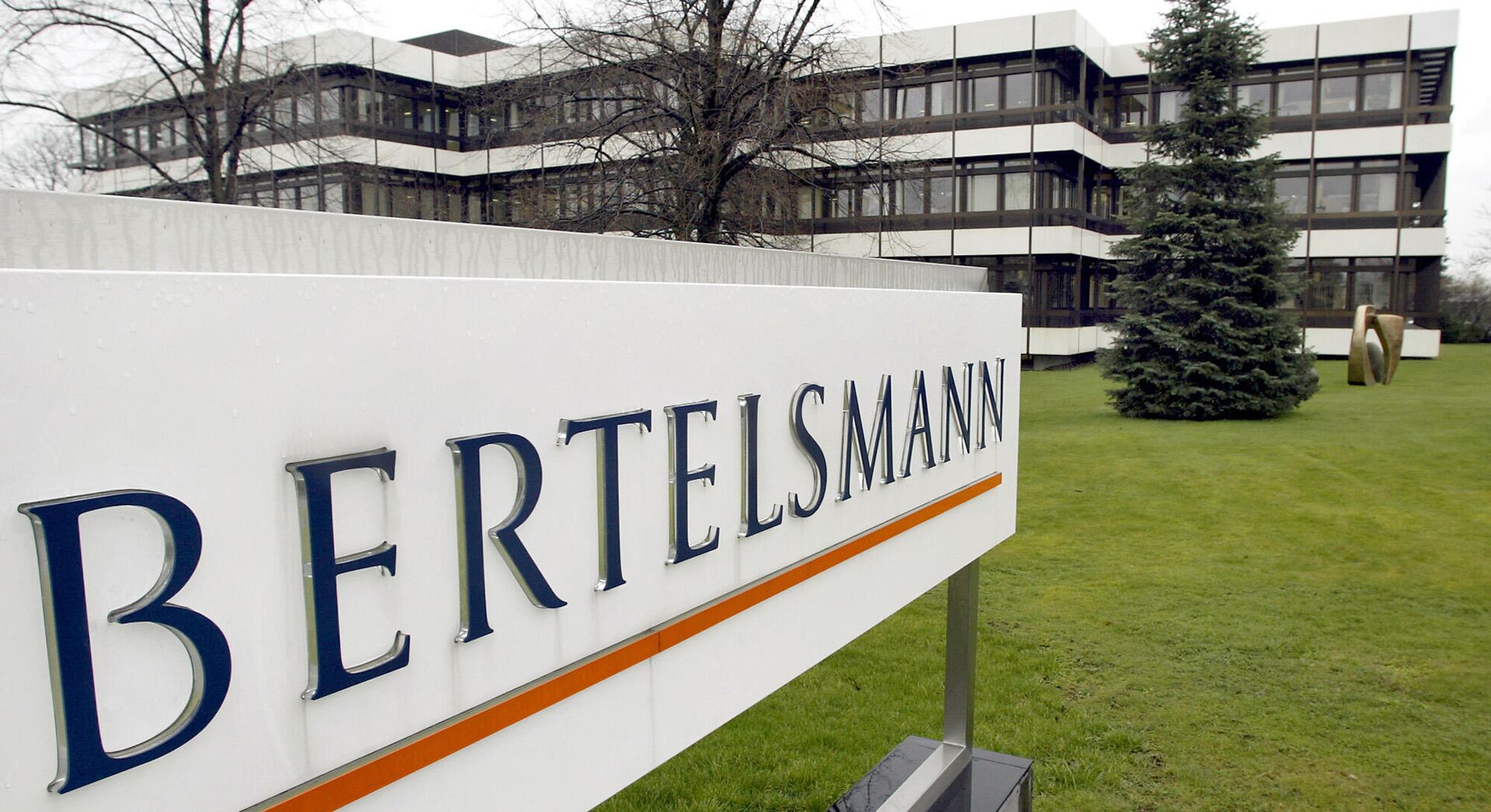US DoJ Files Antitrust Lawsuit to Block Penguin Random House's Acquisition of Rival Simon & Schuster

© REUTERS / Ken Cedeno
Subscribe
The US Department of Justice argues that Penguin Random House's proposed acquisition of competing publisher Simon & Schuster would violate the Horizontal Merger Guidelines of the DoJ's Antitrust Division. The department believes the move would lead to authors being paid less and could also diminish the quantity and range of books published.
A complaint filed on Tuesday in the US District Court for the District of Columbia accuses Penguin Random House of vying for a merger that would grant the multinational conglomerate publishing company "outsized influence over who and what is published, and how much authors are paid for their work."
The civil antitrust lawsuit filed by the DoJ details that the all-cash deal to acquire Simon & Schuster - worth some $2.175 billion - is "presumptively anticompetitive" and could harm American workers through "monopsony" - a practice in which a large buyer controls all, or a majority, of a market.
US Attorney General Merrick Garland noted in the DoJ's Tuesday release that the US presently has five major publishers in control of the US publishing industry, known informally as the ‘Big Five.'
"If the world’s largest book publisher is permitted to acquire one of its biggest rivals, it will have unprecedented control over this important industry," Garland, who heads the DoJ, said in a quoted statement. "American authors and consumers will pay the price of this anticompetitive merger – lower advances for authors and ultimately fewer books and less variety for consumers."
The so-called Big Five publishing houses have effectively turned the US publishing market into an "oligopoly" and the lack of competition will likely lead to lower publishing advances and decreased marketing and editorial support for authors shopping their books around, according to the complaint.
Bertelsmann, a Germany-based media conglomerate and Penguin Random House's parent company, and Simon & Schuster parent company Viacom CBS were both named as defendants in the filing. Viacom CBS is based in New York, New York.

This March 13, 2003 file photo shows an outside view of the German media giant Bertelsmann in Guetersloh, Germany. Parent companies Bertelsmann and Pearson announced Monday, June 3, 2013, that the merger between Random House Inc. and Penguin Group has been cleared by anti-trust authorities in China, among the last countries to give approval. The new publishing house, Penguin Random House, will be 53 percent controlled by Bertelsmann and 47 percent by Pearson
© AP Photo / Michael Sohn
Per the complaint, Penguin Random House is estimated to annually publish 2,000 new trade books in the US, while Simon & Schuster annually publishes 1,000 new trade books in the US.
The publishers issued a joint statement, declaring that they would fight the lawsuit, which "would harm the very authors DOJ purports to protect."
"We will fight this lawsuit vigorously and look forward to PRH serving as the steward for this storied publishing house in the years to come," according to the joint statement by Penguin Random House and Simon & Schuster.
"Simon & Schuster and Penguin Random House strongly disagree with the DOJ that this transaction will harm competition and believe firmly that there is no basis for these claims," Simon & Schuster said in a same-day memo to employees.
